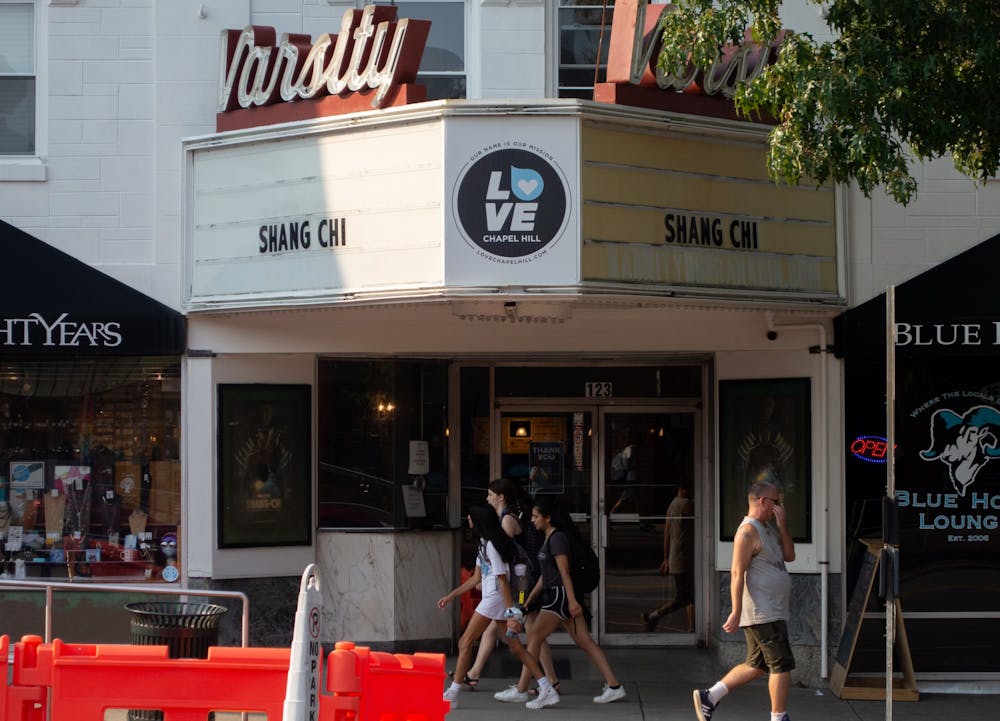Since its premiere at the beginning of the month, Marvel’s latest film, “Shang-Chi and the Legend of the Ten Rings,” has sparked conversations on racial and ethnic representation in the film industry.
The movie is the first of its kind in the Marvel Cinematic Universe both led and ensembled by actors of Asian descent. It is the first of Marvel's 25 films to feature an Asian superhero lead — protagonist Shang-Chi, played by actor Simu Liu.
According to Livis Freeman, a teaching assistant professor at the Hussman School of Journalism and Media, Marvel’s prominence in the movie industry has made its response to a lack of ethnic representation a point of contention for many.
“I think a hundred percent, there’s a ton of pressure on the producers to get it right, to do well and to accurately represent — especially with a franchise like Marvel,” Freeman said. “These representational opportunities are few and far between. If you don't do it right, then people aren't going to want to put the money in to invest further.”
Historically, Hollywood has both misrepresented and underrepresented people of color.
As early as the 1900s, Hollywood directors produced movies where Asian characters were deliberately portrayed by white actors. For example, Katharine Hepburn, a renowned white actress, starred in the 1944 film “Dragon Seed,” portraying a female Chinese protagonist, Jade Tan.
Freeman said this sort of misrepresentation tends to be harmful for young people from minority groups.
“Being in a minority as a kid, people always say to you, ‘You can be anything you want,’ but it’s like, ‘Well, can I?’" Freeman said. "You haven’t seen anyone break down those barriers. You see Black men being killed by the police way more often than you see a Black superhero. And if you’re seeing all the white guys as the heroes — or even as the villains — you start to wonder where your place is in the world if you can't visualize it in the media.”
Even so, Freeman said he feels the slow roll-out of representational movies such as “Shang-Chi and the Legend of the Ten Rings” will be more impactful than a superficial mass release of movies containing ethnically diverse protagonists. He said the best way for the media to make reparations is to apologize and move forward, which is much easier said than done.



